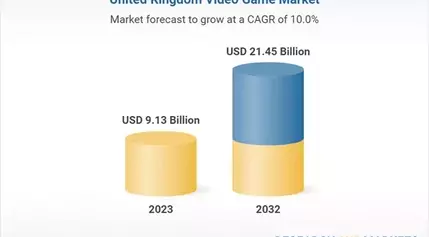
The Antitrust Reckoning: Google's Monopoly Challenged in Landmark Ruling
In a groundbreaking decision, a federal judge has ruled that Google's actions to maintain its dominance in online search constitute illegal monopolistic behavior. This landmark case has far-reaching implications for the tech giant and the broader digital landscape. As the legal battle unfolds, experts weigh in on the potential consequences and the broader implications for the tech industry's future.Uncovering the Monopolistic Practices of the Tech Giant
The federal judge's ruling has shone a spotlight on Google's alleged monopolistic practices, which have long been a subject of scrutiny. The case delves into the company's strategies to maintain its stranglehold on the online search market, including claims of unfair competition and the leveraging of its dominant position to stifle innovation.Dissecting the Judge's Ruling: Implications for Google and the Industry
The judge's decision has sent shockwaves through the tech industry, as it challenges the long-held assumption that Google's dominance in online search was unassailable. The ruling suggests that the company's actions to protect its market share, such as exclusive agreements with device manufacturers and the pre-installation of its search engine, may have crossed the line into illegal monopolistic behavior.The implications of this ruling are far-reaching, as it could pave the way for further antitrust scrutiny of tech giants and their business practices. The decision could embolden regulators and lawmakers to take a closer look at the concentration of power in the digital landscape, potentially leading to increased oversight and the implementation of stricter regulations.The Battle for the Future of Online Search: Potential Outcomes and Scenarios
As the legal battle unfolds, industry experts are closely watching the potential outcomes and scenarios that could unfold. One possibility is that Google may be forced to make significant changes to its business model, such as divesting certain assets or altering its search engine algorithms to promote greater competition.Another potential scenario is the emergence of viable alternatives to Google's search engine, as the ruling could open the door for other players to challenge the tech giant's dominance. This could lead to a more diverse and competitive online search landscape, potentially benefiting consumers and fostering innovation.The Broader Implications: Rethinking the Power of Tech Giants
The Google antitrust case is part of a broader reckoning within the tech industry, as policymakers and the public grapple with the outsized influence and power wielded by tech giants. This ruling could serve as a catalyst for a deeper examination of the concentration of power in the digital realm and the need for more robust regulatory frameworks to ensure fair competition and protect consumer interests.As the tech industry continues to evolve, the outcome of this case could have far-reaching implications for the future of innovation, consumer choice, and the balance of power in the digital landscape. The battle over Google's monopoly is just the beginning of a larger conversation about the role and responsibilities of tech companies in the modern era.New

9.3K
185
48
Lifestyle

44.2K
884
221
Lifestyle

19.8K
198
39
Entertainment

20.1K
401
200
Entertainment

10.1K
201
86
Entertainment

18.3K
365
102
Cars

18K
720
302
Cars

17.7K
1.1K
468
Finance

31K
309
37
Fashion

10.7K
213
104
Fashion









